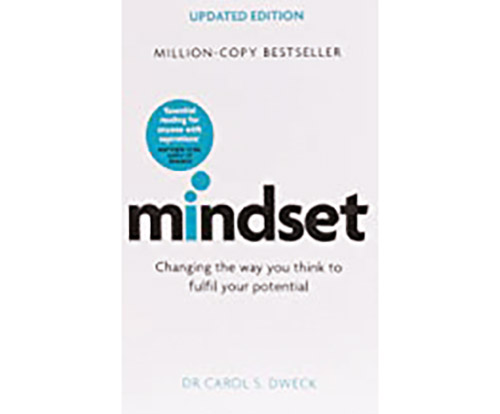

An idea that psychologist Dr. Carol Dweck developed at Stanford University is the belief that the ability to learn is not fixed, that it can change with effort. What teachers know intuitively has been proven by solid research. Normally, teachers use quizzes, tests, class participation and homework assignments to calculate grades. Some schools utilize project-based criteria to gauge success.
Experienced teachers understand that IQ is not the only difference between the best and the weakest students. Some strong performers do not have exceptionally high IQ scores. Some of the smartest kids don’t always do so well. Reflective practitioners know that the kinds of things kids learn in seventh grade are hard: ratios, decimals, grammar rules in Hebrew and English, Talmudic argumentation, the area of a parallelogram. These concepts are not impossible, and teachers tell students that everyone could learn the material if they worked hard and long enough.
What we are starting to see in education is a much better understanding of students and learning from a motivational and psychological perspective. In education, the one thing we know how to measure best is IQ. But what if doing well in school and in life depends on much more than your ability to learn quickly and easily?
Researchers have studied kids and adults in all kinds of super-challenging settings, and in every study the question was: Who is successful here and why? At West Point Military Academy they tried to predict which cadets would stay in military training and which would drop out. At the National Spelling Bee they tried to predict which children would advance farthest in competition. Rookie teachers working in really tough neighborhoods were observed to see which teachers were still going to be there by the end of the school year, and of those, who would be the most effective at improving learning outcomes for their students. Sales-based businesses were monitored to see which of their salespeople were going to keep their jobs and who’s going to earn the most money. I am certain that the same criteria apply to those who advance in the National Bible Contest.
In all those very different contexts, one characteristic emerged as a significant predictor of success. It wasn’t social intelligence. It wasn’t good looks, physical health, and it wasn’t IQ. It was total determination to succeed.
Grit is passion and perseverance for very long-term goals. Grit is having stamina. Grit is sticking with your future, day in, day out, not just for the week, not just for the month, but for years, and working really hard to make that future a reality. Grit is living life like it’s a marathon, not a sprint.
In the Chicago public schools, thousands of high school juniors took “grit questionnaires,” and then researchers waited more than a year to see who would graduate. It turned out that grittier kids were significantly more likely to graduate, even when matched on every characteristic that could be measured: family income, standardized achievement test scores, even how safe kids felt when they were at school. It’s not just at West Point or the National Spelling Bee that grit matters. It’s also in school, especially for kids at risk for dropping out.
The most shocking thing about grit is how little we know—how little science knows—about building it. Every day, parents ask teachers: “How do I build grit in my kids? What do I do to teach kids a solid work ethic? How do I keep them motivated for the long run?” The honest answer is, we don’t know.
What we do know is that talent doesn’t make you gritty. The research data shows very clearly that there are many talented individuals who simply do not follow through on their commitments or potential. In fact, based on the data, grit is usually unrelated or even inversely related to measures of talent.
Dweck at Stanford talks about building grit in kids as something called “growth mindset.” She has shown that when kids read and learn about the brain and how it changes and grows in response to challenges, they’re much more likely to persevere when they fail, because they don’t believe that failure is a permanent condition.
Growth mindset is a great idea for building grit. But we need more. We need to take our best ideas, our strongest intuitions, and we need to test them. We need to measure whether we’ve been successful, and we have to be willing to fail, to be wrong, to start over again with lessons learned.
In other words, we need to be gritty about getting our kids grittier.
Dr. Wallace Greene is a veteran educator with an extensive record of achievement working in the day school system.










